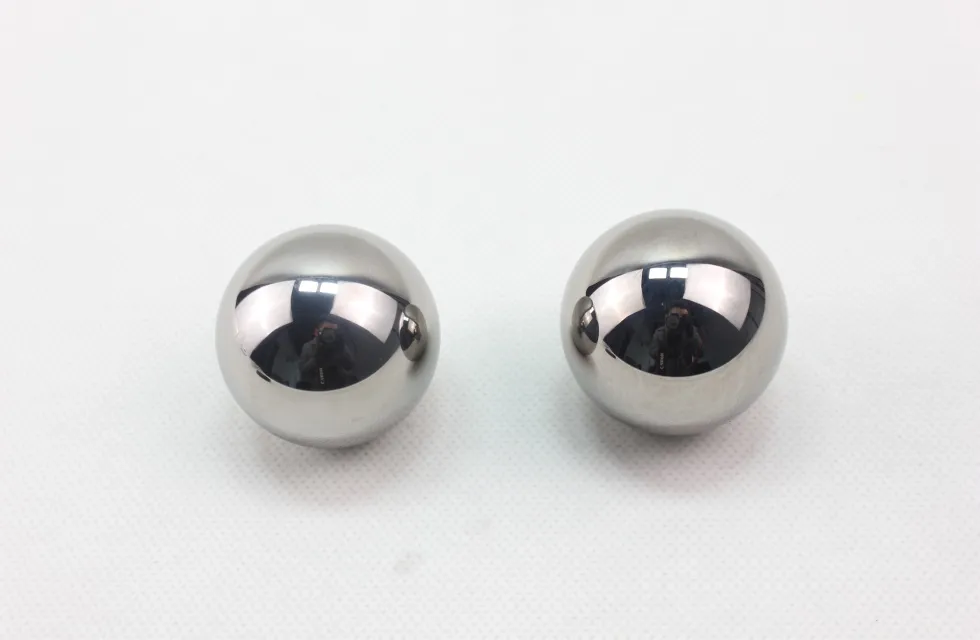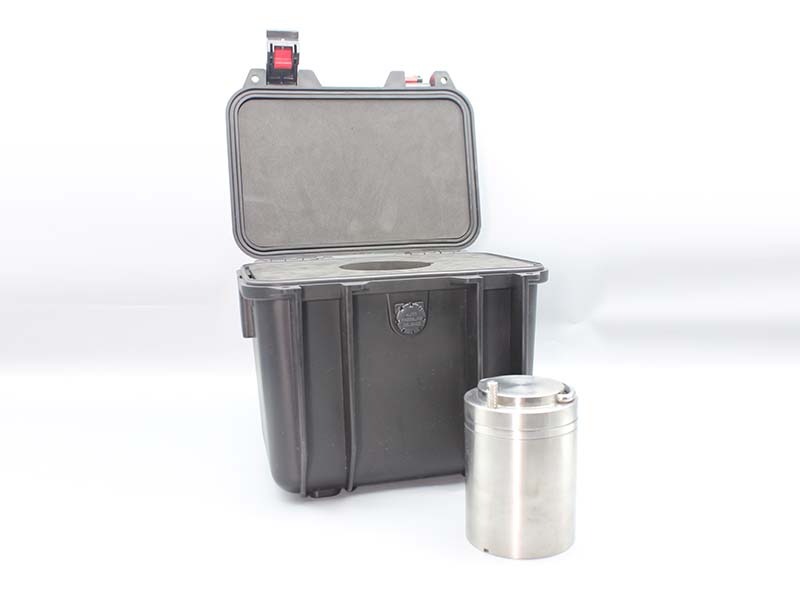tungsten heavy alloy grades is designed for applications requiring maximum strength with minimal volume. The high density ensures the alloy has great balance and vibration resistance. The alloy has the same mechanical properties at elevated pressure, which is why it can be found in ballistic applications, commercial aerospace structures, and advanced tooling. tungsten heavy alloy grades is resistant to cracking, corrosion, and fatigue, so it can be employed in extreme working conditions.

tungsten heavy alloy grades is growing in use in the automotive industry as precautions in crankshaft balancing, as a damping element, and for high-performance racing components. Its dense design allows for precise control of oscillatory rotational forces to enhance vehicle stability and overall engine efficiency. The material's durability in high-temperature and stress environments serves to maximize operational performance over the lifespan of the engine.

Accelerating technological miniaturization will ensure tungsten heavy alloy grades have a primary role in creating small, high-precision components. Its thermal management capability will allow micro-electronic devices, and its dependability will grant advantages to industries like robotics, aerospace, and defense; all of which are concerned with extreme accuracy.

To maintain the functional characteristics of tungsten heavy alloy grades, it is recommended that a periodic inspection for surface wear or deformation be carried out. Non-corrosive solvents work well for cleaning surfaces and maintaining smooth surfaces with appropriate care and function. Contact with strong acids and strong alkalis should be avoided, as these can attack the alloy's protective finish.
tungsten heavy alloy grades provides solutions for the exact structural requirements, even under high restraint. Uses include aerospace tools, components in defense, and industrial developments in high speed machines. Its fatigue resistance also provides an extended operational span.
Q: What makes Tungsten heavy alloy valuable in balancing applications? A: Its high density allows accurate weight adjustment in small volumes, ensuring perfect balance in rotating machinery. Q: Is Tungsten heavy alloy corrosion-resistant? A: Yes, it shows strong resistance to oxidation and chemical corrosion, even in harsh environments. Q: How does Tungsten heavy alloy contribute to medical safety? A: It is used to shield radiation without releasing harmful substances, ensuring operator and patient protection. Q: Why is Tungsten heavy alloy used in kinetic energy penetrators? A: Its density and hardness allow it to transfer energy effectively on impact, making it ideal for defense-grade applications. Q: Can Tungsten heavy alloy be recycled efficiently? A: Yes, it can be fully recycled through refining and powder recovery, maintaining material integrity.
The craftsmanship of the tungsten jig is excellent — it reacts quickly to every move of the rod.
The Tungsten heavy alloy handles extreme pressure and heat better than most metals I’ve used.
To protect the privacy of our buyers, only public service email domains like Gmail, Yahoo, and MSN will be displayed. Additionally, only a limited portion of the inquiry content will be shown.
We are a machining parts supplier seeking tungsten heavy alloy rods for precision components. Kindly...
I’m interested in your tungsten jig models used for saltwater fishing. Please share your catalog a...

Copyright © Zhuzhou Jiuding Metal Technology Co., Ltd. All Rights Reserved